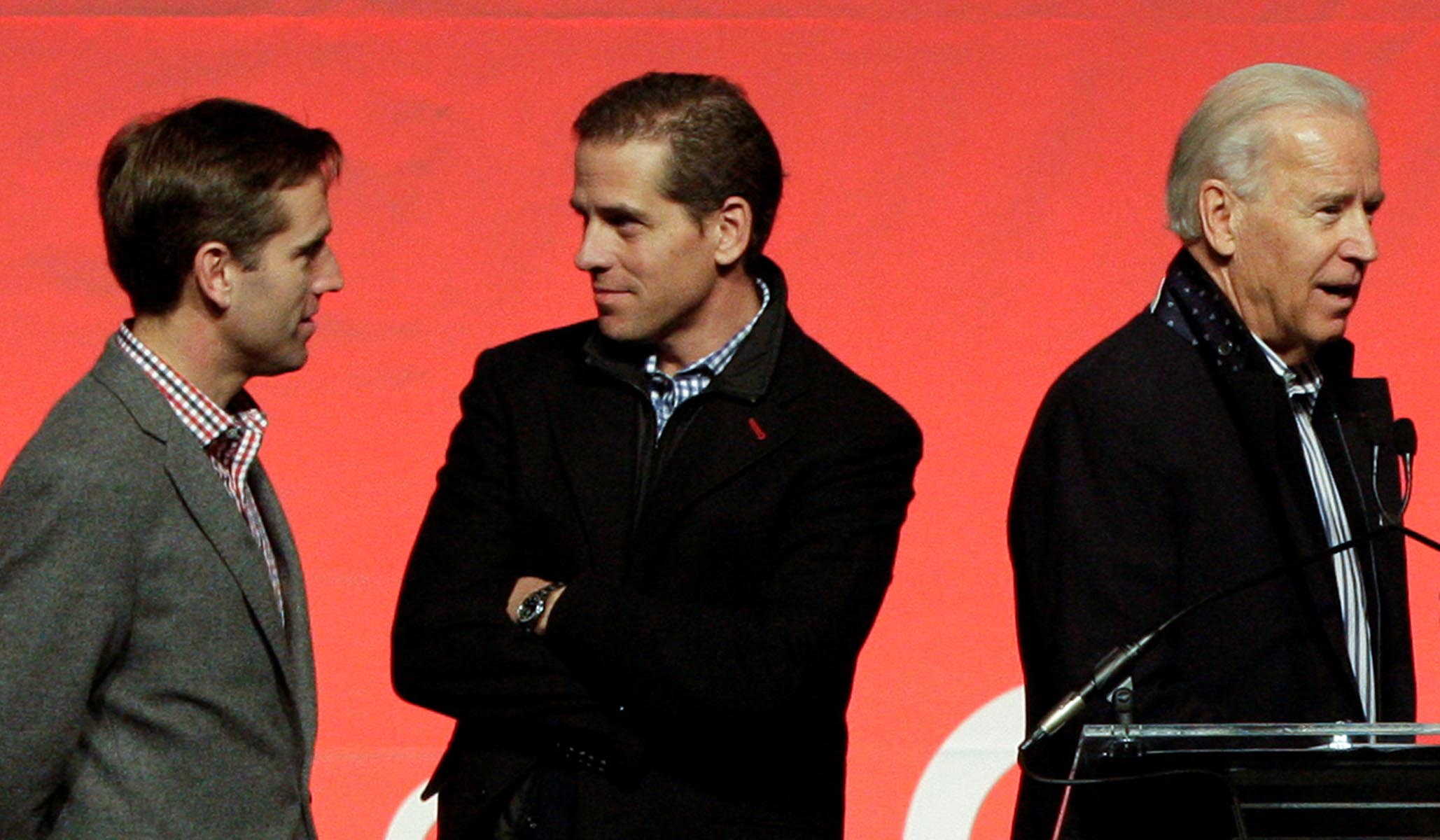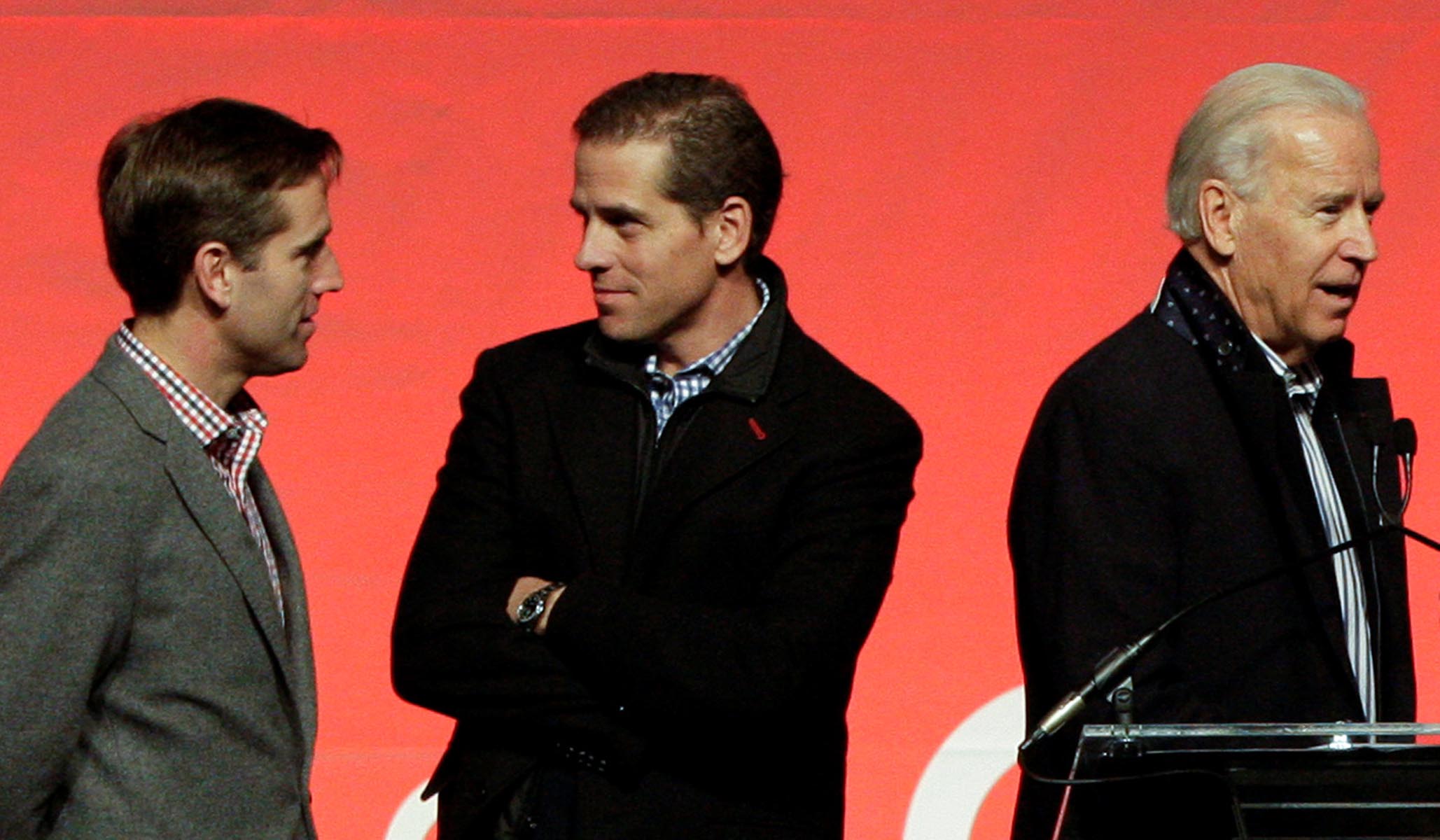
A lot of people are pointing to Biden’s 2010 exchange with Richard Holbrooke as an omen of his decision-making regarding Afghanistan:
A few months before his death in 2010, Richard Holbrooke, Obama’s special envoy to Afghanistan and Pakistan, met privately with the vice president in Washington. Their relationship dated to the 1970s. “They were practically the same age, similarly dominating, agreed on almost everything, and so naturally couldn’t stand each other,” wrote George Packer, Holbrooke’s biographer, in his book “Our Man.”
Holbrooke recorded their brief and contentious exchange in his diary.
Both Biden and Holbrooke were convinced that the war was unwinnable. Still, Holbrooke argued that the United States owed Afghans continued aid and assistance, particularly directed at the women who had suffered under the Taliban’s brutal rule.
The United States simply couldn’t abandon the country.
Holbrooke’s appeal infuriated Biden, who was so angry that he rose from his chair, according to Holbrooke.
“I am not sending my boy back there to risk his life on behalf of women’s rights!” the vice president shouted at him. “It just won’t work, that’s not what they’re there for.”
Judging by the sequence of events in Holbrooke’s book, this meeting was sometime in August 2010 or later. In the passage right before it, Holbooke mentions he and his wife Kati attended “the final performance of the revival of South Pacific at Lincoln Center,” which was August 22, 2010.
The “my boy” in Biden’s comment is undoubtedly a reference to Biden’s son Beau Biden, who was deployed in Iraq from October 2008 to October 2009.

